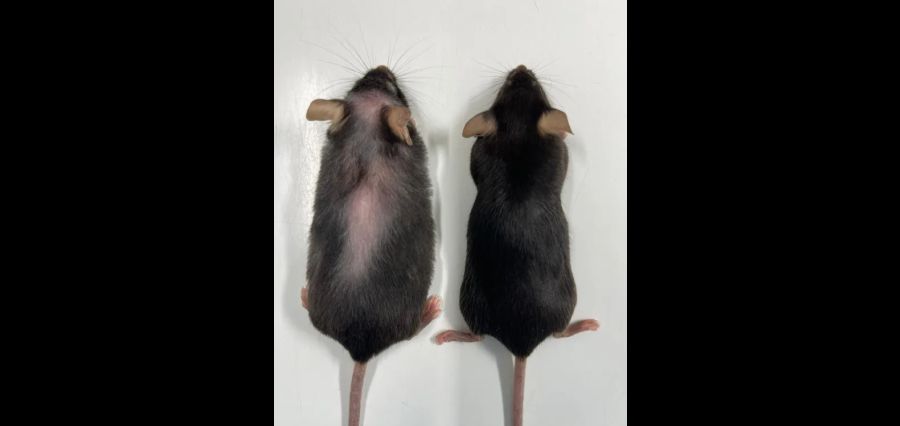The physical differences between treated and untreated mice were stark. A new drug has increased the lifespans of mice by nearly 25 percent, and scientists are hopeful it could have similar effects on humans. In the lab, the treated mice were dubbed “supermodel grannies” because they looked remarkably young and healthy.
These treated mice lived healthier lives for longer and developed fewer cancers compared to their untreated counterparts. The drug is currently being tested on humans, but its potential anti-aging effects on humans are still uncertain.
Efforts to extend human life have been ongoing for centuries. Recently, the type-2 diabetes drug metformin has been one of the many drugs researched for its anti-ageing properties. Scientists at the Medical Research Council Laboratory of Medical Science and Imperial College London discovered that turning off a protein called interleukin 11 (IL-11) extended the healthy lifespan of mice.
In humans, IL-11 levels increase with age and contribute to higher inflammation levels in the body. Researchers believe this inflammation triggers several biological processes that accelerate ageing. Mice treated to eliminate IL-11 from their bodies lived an average of 155 weeks, compared to 120 weeks for untreated mice.
Typically, old lab mice die from cancer, but those lacking IL-11 had significantly lower cancer rates. They also showed improved muscle function, leaner bodies, healthier fur, and better scores on various frailty measures.
Professor Stuart Cook, co-corresponding author from the Medical Research Council Laboratory of Medical Science, Imperial College London, and Duke-NUS Medical School in Singapore, said, “These findings are very exciting. The treated mice had fewer cancers and were free from the usual signs of aging and frailty. We also observed reduced muscle wasting and improvement in muscle strength. In other words, the old mice receiving anti-IL-11 were healthier.”
He added, “Previous life-extending drugs and treatments often had poor side-effect profiles, didn’t work in both sexes, or could extend life but not healthy life. This does not appear to be the case for IL-11. While these findings are only in mice, it raises the tantalizing possibility that the drugs could have a similar effect in elderly humans. Anti-IL-11 treatments are currently in human clinical trials for other conditions, potentially providing exciting opportunities to study its effects in aging humans in the future.”
The scientists extended the lives of the mice by more than 20 percent on average by deleting the gene that produces IL-11. They also treated 75-week-old mice—equivalent to about 55 years in humans—with an injection of an anti-IL-11 antibody, a drug that inhibits the effects of IL-11 in the body. According to findings published in Nature, the mice given the drug from 75 weeks of age until death had their average lifespan increase by 22.4 percent in males and 25 percent in females.





